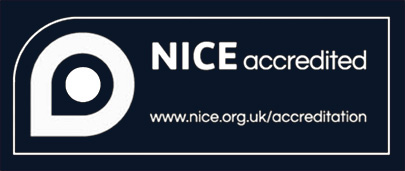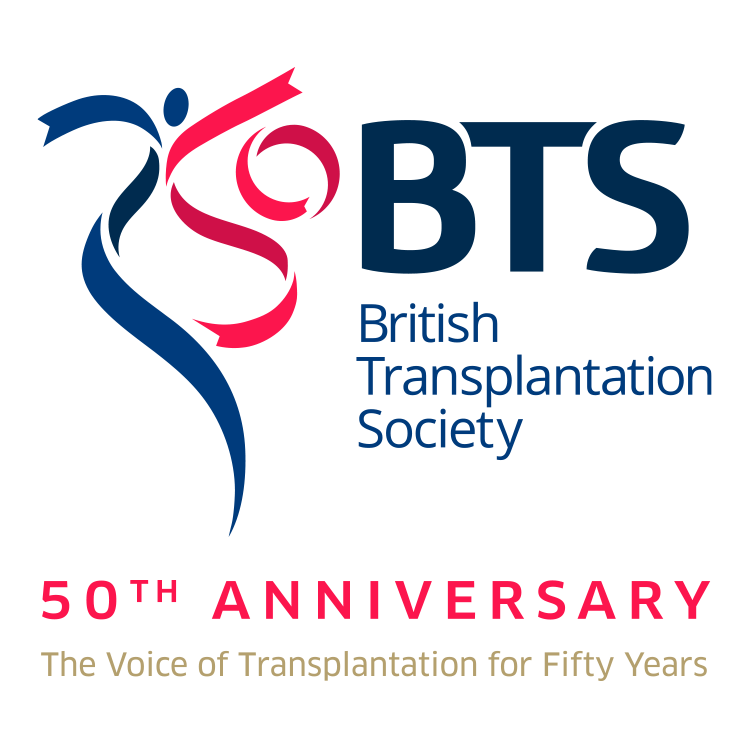Position Statements
Directed Altruistic Donation
BTS Perspective on the Ethics of Directed Altruistic Donation in the Context of Advertising and Payment.
Commercial Dealings in Parts of a Human Body for Transplantation
This position statement replaces the previous position statements by the British Transplantation Society
(i) Payment for live organ and tissue donation, and
(ii) Transplant tourism.
In using the term ‘parts of a human body for transplantation’ in this statement we refer to human material, other than gametes, which consists of or includes human cells which may be suitable for transplantation.
Specifically this statement is not intended to include:
(a) embryos outside the human body, or
(b) hair and nail from the body of a living person.
This statement applies to both living and deceased organ donation.
In September 2006, new legislation came into effect in England, Wales and Northern Ireland. The Human Tissue Act 2004 is now the primary legislation regulating transplantation in those countries. Separate legislation applies in Scotland; see the Human Tissue (Scotland) Act 2006.
Section 32 of the Human Tissue Act 2004 prohibits commercial dealings in human material for transplantation.
Section 20 of the Human Tissue (Scotland) Act 2006 prohibits commercial dealings in parts of a human body for transplantation.
The British Transplantation Society supports the view that organs and tissues should be freely given without exploitative commercial consideration or financial profit. The Society does support the reimbursement of costs incurred and losses attributable to the transplant donation process. We take the view that such reimbursement should be the responsibility of the health services and that information regarding reimbursement should be made available and accessible to all potential donors. Any system set up to provide such reimbursement should be open and transparent and have appropriate safeguards in place that as far as is possible exclude the possibility of inducement, exploitation of donors, or profit to intermediaries.
We acknowledge that:
(i) Demand has outstripped the supply of organs available for clinical transplantation and that the number of individuals waiting for a transplant on the UK Transplant register has increased considerably over recent years.
(ii) The shortage of organs available for clinical transplantation in the UK may have prompted many people with end organ failure to seek a life-saving transplant from sources overseas and that this may have involved illegal brokering, exploitation of donors and profit to intermediaries.
(iii) A position of absolute prohibition on the commercialisation of human material has not to date effectively prevented the trafficking in human material for transplantation.
An illegal market in human body parts for transplantation exists. There is evidence that this illegal market results in the exploitation of (often) vulnerable persons and allows intermediaries to profit financially. This contravenes the principles of equity and justice. That such an illegal market exists is reprehensible.
Some academic commentators believe that an ‘ethical market’ in human body parts could provide a solution to the problem of organ shortage. The legal and bioethics literature contains well-reasoned arguments in support of a legally sanctioned and well-regulated market in human body parts. The British Transplantation Society opposes this view, however it is prepared to debate this issue as the theoretical and empirical literature evolves.

![]()





